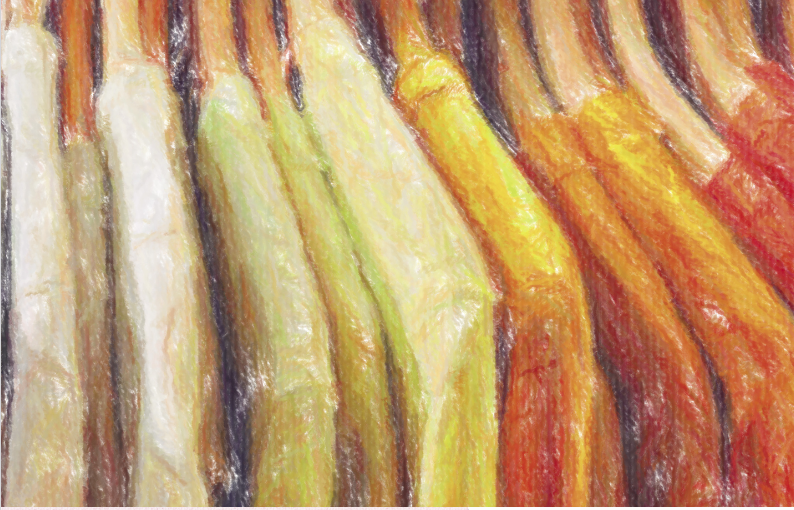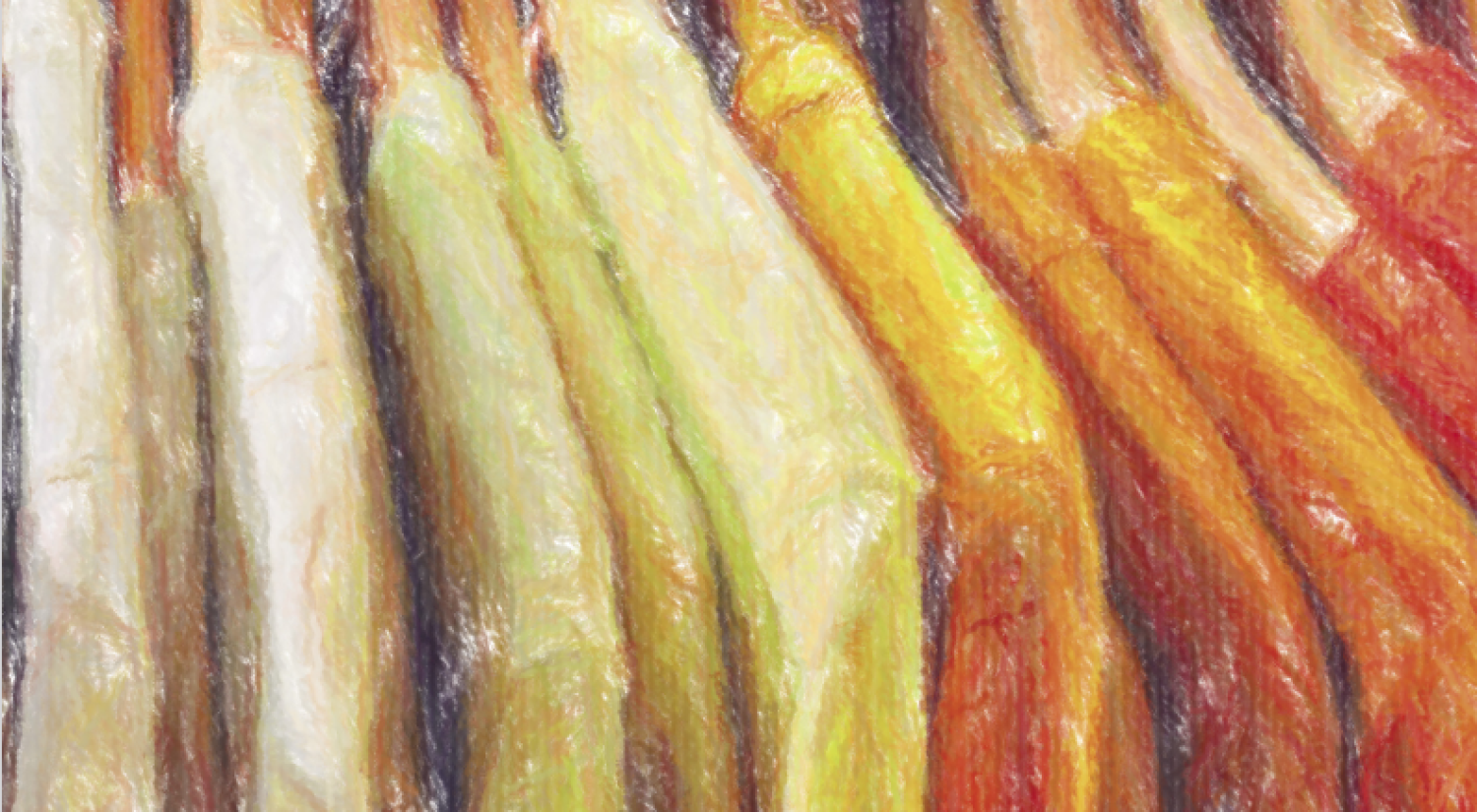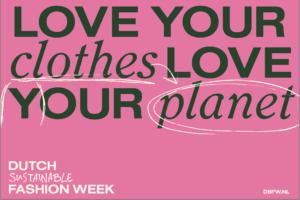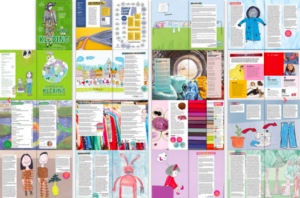Swap-Don't shop school event
- Organize a festive clothing swap at your school


During Dutch Sustainable Fashion Week - from Oct. 5 to 11 - we celebrate sustainable developments in schools through a Swap Party (clothing swap event).
The DSFW supports young people to understand more about climate change and its impact on our planet. To introduce pupils and students to sustainable alternatives to buying clothes, we are inviting elementary, middle, high school, college and university institutions nationwide to participate in the nationwide Swap-Don't shop school event.
Often students/students all have items of clothing at home that they have outgrown or that they no longer like as much but are still good enough to wear. As a parent or student, you are quickly tempted to buy new clothes again. How cool is it to hand in these old, still good, clothes and get new clothes in return? This can be done through a clothing exchange.
Here's how to organize this Swap-Don't shop school event:
- You will receive a manual one containing the necessary information;
- Ask parents/pupils/students to bring up to 3 old articles of clothing, in the week prior to the event;
- Make sure students/students bring clean clothing without damage, and limit it to
bottoms (pants/skirts) and tops (shirts/ sweaters/ tunics/dresses); - For each garment turned in, the student/student will receive a "token" (printable
examples can be found in the manual); - A day in advance the clothes will be hung (by size) on racks or on a
clothesline. An easier alternative is for students/students to make it through a rug fair
can sell. Participants may still be able to craft beautiful "signage," creating a true "Swap Shop" experience; - Pupils/students can choose a garment for each token they have;
- Leftover clothing will be donated.
The garment industry is one of the most polluting industries in the world (after the oil industry). By letting young people see and experience all that we can do to help our planet, we empower them to make sustainable choices in the future.
APPLY
You can have your class or group here sign up.
Did you know:
- to produce 1 T-shirt requires 2,700 liters of water: that's enough drinking water for 1 person for 2.5 years;
- half a million tons of microfibers end up in the ocean each year from washing synthetic materials? This is 35% of all primary microplastics released into the environment;
- 10% of global greenhouse emissions are caused by the production of clothing and footwear. This is more than international air and sea shipping combined.
Teaching about sustainable clothing
On the website of Sustainable PABO you will find a wealth of teaching materials, including the free downloadable book The World of Clothing.
Are you looking for support? Stichting Technotrend, together with Teachers for Climate and the Dutch Academy for Sustainable Education, can provide master classes for po, vmbo, havo-vwo or mbo.
Our partner ModeMaat can help you create a cross-curricular project on sustainable clothing.
No results found.
Agenda
Inspiration/News
Podcasts
No results found.
Knowledge
More Projects
No results found.

